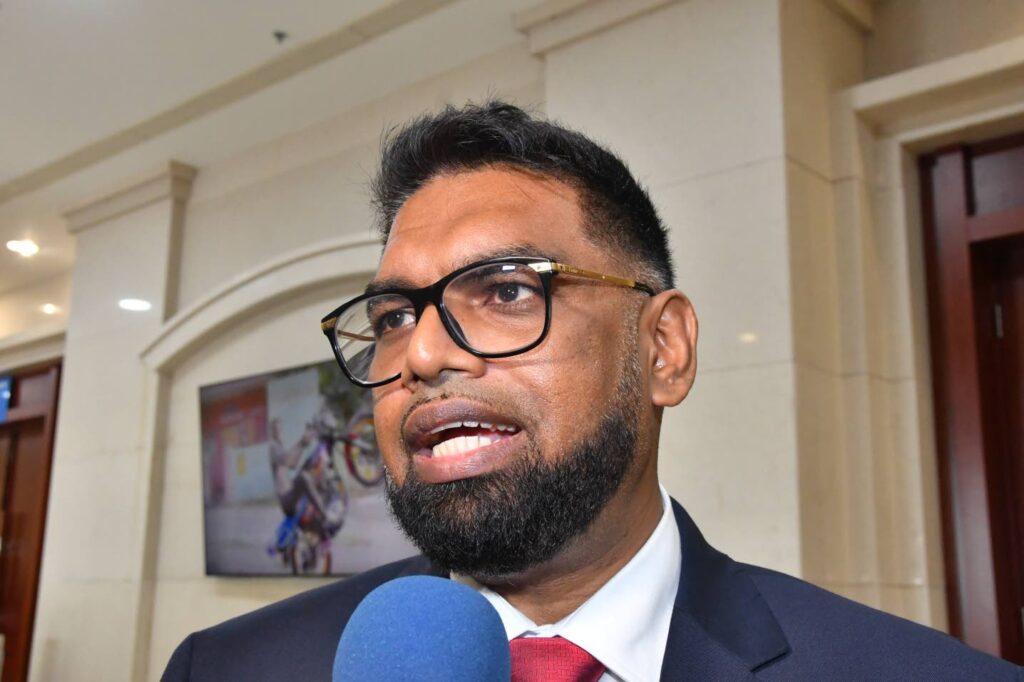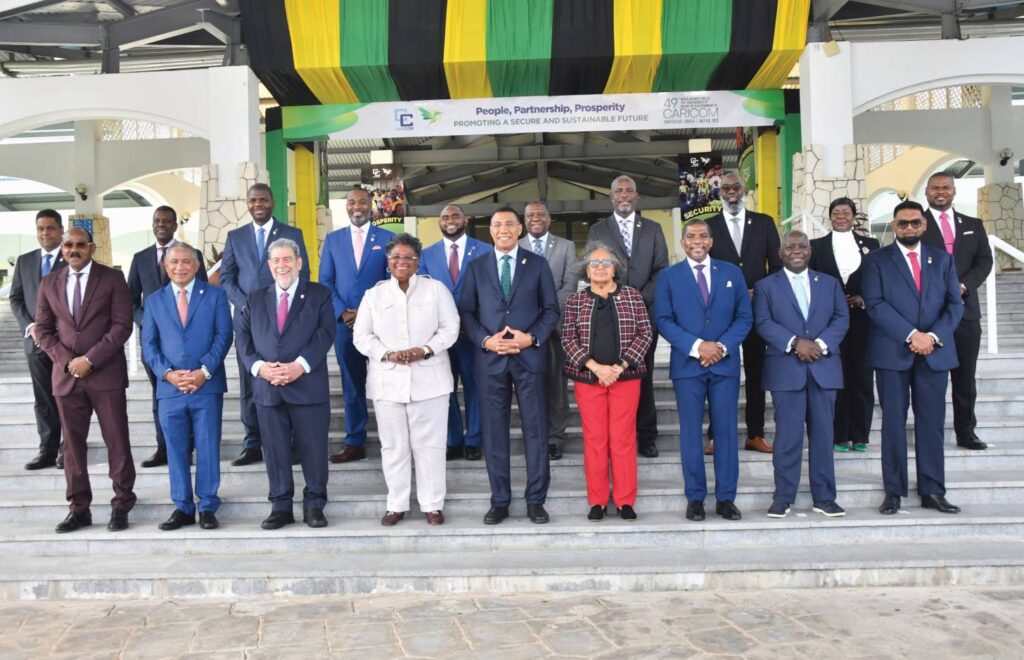Jamaica’s educational system faces a pivotal moment as the new academic term approaches, prompting the Jamaica Teachers’ Association (JTA) to initiate comprehensive facility assessments across the island nation. The unprecedented evaluation comes in response to the devastating aftermath of Category 5 Hurricane Melissa that struck in October, particularly affecting western and southwestern regions.
JTA President Mark Malabver, speaking at the reopening of the association’s western Jamaica office, revealed the organization’s plan to conduct ground-level verification of school preparedness throughout the weekend. The initiative aims to determine actual operational capabilities rather than theoretical readiness, acknowledging that many educational institutions sustained substantial damage during the catastrophic weather event.
Malabver articulated profound concerns regarding the practical realities of resuming classes, emphasizing that reopening decisions must consider both infrastructure limitations and human factors. The teachers’ union maintains that each institution requires individualized assessment based on localized conditions rather than blanket policies.
Beyond structural considerations, the JTA president highlighted concerning student welfare issues, noting parallels to pandemic-era attendance challenges. He called for systematic tracking of missing students through mandated guidance counselor interventions, recognizing that many children face hurricane-related trauma and displacement.
The human impact extends beyond students, as Malabver acknowledged widespread psychological distress among educators. Many teachers continue experiencing personal hardships that affect their professional capacity, necessitating compassionate, case-by-case consideration from school administrators and boards.
This multifaceted approach reflects the complex intersection of infrastructure recovery, mental health considerations, and educational continuity in post-disaster scenarios, positioning the teachers’ association as both advocate and practical partner in Jamaica’s educational rehabilitation.









